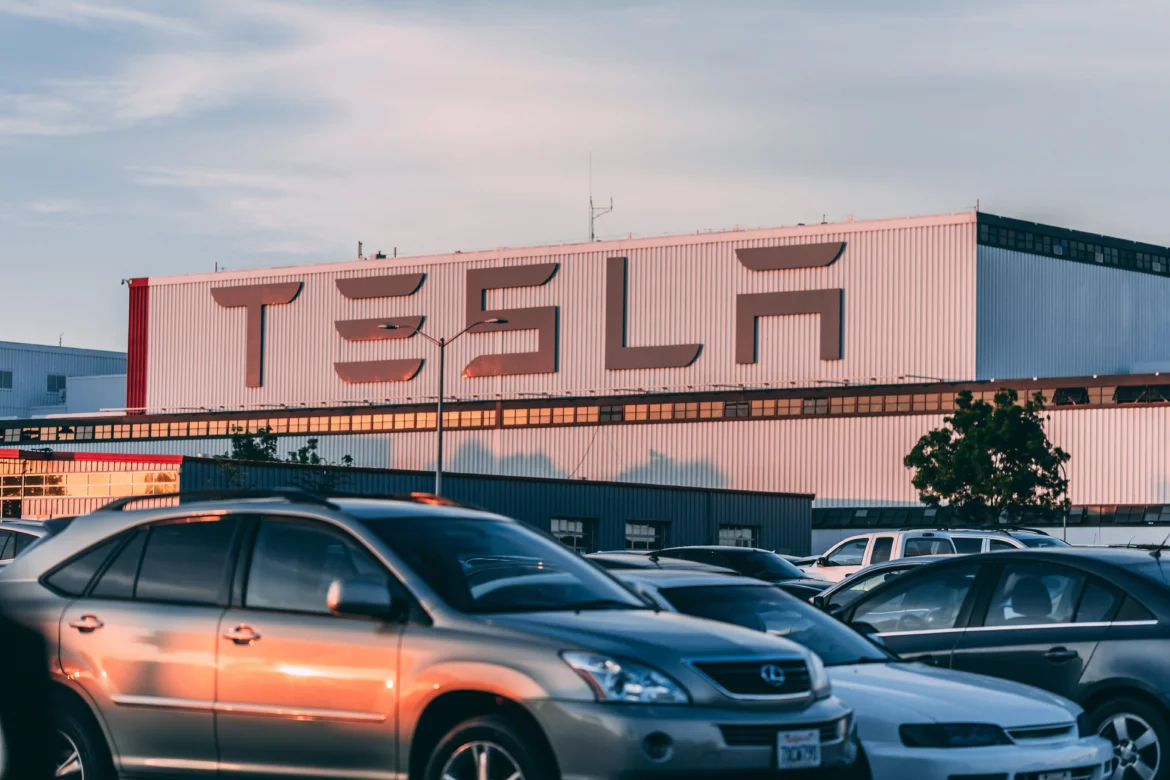Tesla’s CEO, Elon Musk, has stirred a significant discussion by expressing his discomfort with not having at least 25% voting control at the electric vehicle giant. In a social media post on platform X (formerly Twitter), Musk emphasized that this level of control is crucial for him to lead Tesla’s endeavors in artificial intelligence (AI) and robotics.
Currently holding around 13% of Tesla’s stock, Musk believes that a larger stake is necessary for him to be “influential, but not so much that I can’t be overturned.” This revelation has sparked debates about corporate governance and the balance between leadership control and shareholder influence.
Musk’s ambition to lead Tesla in AI and robotics is evident in his vision for the company’s future. He has long been a proponent of Tesla’s advancements in AI, including the “Full Self-Driving” software and humanoid robots. However, with a predominant focus on Tesla’s automotive business, Musk sees the need for more substantial voting control to fully realize his goals.
In response to the discussions, Musk expressed openness to a dual-class share structure, similar to Meta’s, to achieve the desired voting control. He pointed out the seeming inconsistency in allowing such structures pre-IPO but restricting them afterward.
The market responded to Musk’s statements, with Tesla shares experiencing a 2% decline in premarket trading. Analysts have previously linked Tesla’s valuation to its technological advancements, such as the Dojo supercomputer for training AI models.
Musk’s desire for increased control comes at a time when Tesla is already facing various challenges, including a lawsuit over his compensation package. Musk addressed this issue, stating that there is no “feud” with the board regarding his new compensation package, and the pending verdict is affecting ongoing discussions.
While Musk’s aspirations align with Tesla’s focus on AI and robotics, some investors and observers are expressing concerns about the company’s leadership dynamics. Questions about Musk’s engagement in multiple ventures, his public commentary, and the recent reduction in Tesla’s employee stock option plan add complexity to the ongoing discussions.
As Tesla navigates these challenges, Musk’s call for more significant voting control sets the stage for potential shifts in the company’s strategic direction and governance structure. The outcome of these discussions will undoubtedly influence Tesla’s trajectory in the dynamic landscape of AI, robotics, and electric vehicles.


Leave a Reply